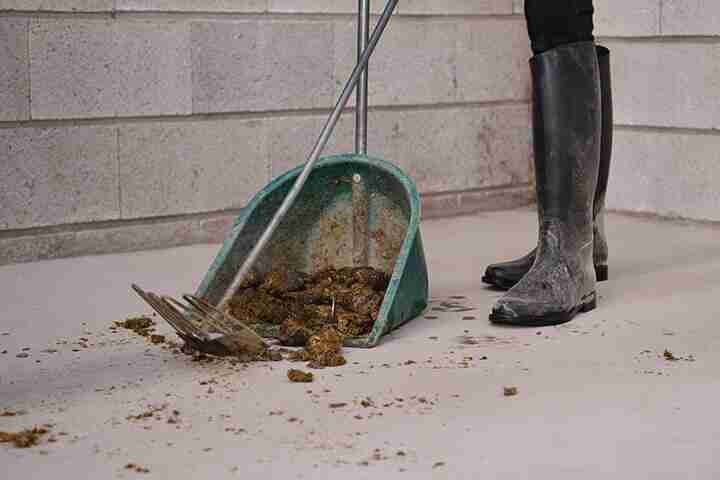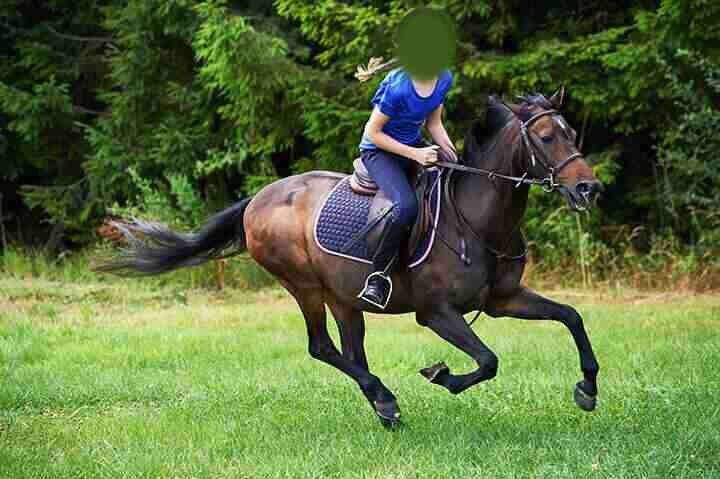No, lactose is not recommended in a horse’s diet. The vast majority of adult horses are lactose intolerant, meaning they lack the enzyme lactase needed to digest lactose, the sugar found in milk and dairy products. Consuming lactose can lead to uncomfortable and potentially harmful symptoms in horses, including:
- Bloating
- Gas
- Diarrhea
- Colic
The dietary needs of horses are a nuanced subject, and the inclusion of certain components, such as lactose, requires careful consideration. While horses, in general, are lactose intolerant, meaning they lack sufficient lactase enzyme to digest lactose effectively, there are specific aspects to explore regarding lactose in a horse diet.
Natural Lactose Intolerance
Unlike some other mammals, horses naturally produce limited amounts of lactase, the enzyme responsible for breaking down lactose, after weaning. As a result, the ability to digest lactose diminishes, leading to lactose intolerance.
Risks of Lactose Consumption
Feeding lactose-containing dairy products to horses can lead to digestive issues, including colic and diarrhea. The horse’s digestive system isn’t optimized for processing lactose, and introducing it into their diet can disrupt the delicate balance of their gastrointestinal tract.
Lactose-Free Alternatives
While lactose-containing dairy products are not recommended, there are lactose-free alternatives that can provide beneficial nutrients. For example, lactose-free milk replacers specifically formulated for foals or certain horse dietary supplements can offer essential nutrients without the risks associated with lactose.
Calcium Considerations
Dairy products are often associated with calcium, a crucial mineral for bone health. Horses, however, can obtain sufficient calcium from their regular diet, which primarily consists of forage. Adding lactose-free calcium supplements or providing access to quality forage ensures they meet their calcium requirements without introducing lactose-related issues.
Individual Variances
It’s essential to recognize that individual horses may react differently to lactose-containing products. Some horses may display sensitivity, while others may seemingly tolerate small amounts without issues. Monitoring each horse’s response and consulting with a veterinarian can guide decisions regarding lactose in their diet.
The Role of Veterinary Guidance
Before introducing any new elements into a horse’s diet, consulting with a veterinarian is paramount. Veterinarians can assess individual health considerations, nutritional needs, and potential risks associated with specific dietary choices. They can provide tailored recommendations based on the unique requirements of each horse.
Conclusion
In conclusion, understanding the nuances of lactose in a horse’s diet is crucial for maintaining their health and well-being. While lactose-containing dairy products pose risks, there are alternative strategies to ensure horses receive essential nutrients without compromising their digestive systems. Veterinary guidance and a thoughtful approach to dietary choices contribute to the overall health of these magnificent animals.






